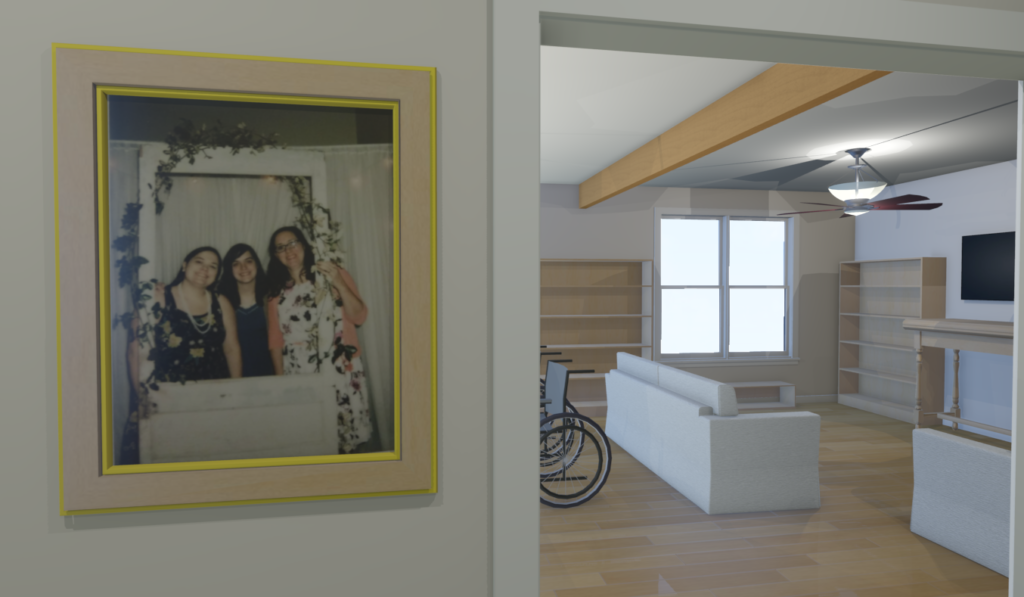
(This is the start of a series in which I will be going through Christopher Alexander’s “Pattern Language” book in reverse order, from the smallest patterns toward the larger, in the hopes of educating myself to recognize and implement the patterns. I don’t expect to understand or agree with all of the patterns — indeed, Alexander and his co-authors identify their own degree of certainty that they’re onto something with between 0-2 asterisks per pattern, with 2 asterisks denoting certainty that what they present is an unavoidable pattern of living architecture, 1 saying they think they’re onto something but haven’t captured it precisely, and 0 saying they are simply sharing one solution among many to a problem.)
Pattern
“Decor” and the conception of “interior design” have spread so widely, that very often people forget their instinct for the things they really want to keep around them.
…
Do not be tricked into believing that modern decor must be slick or psychedelic, or “natural” or “modern art,” or “plants or anything else that current taste-makers claim. It is the the most beautiful when it comes from your life — the things you care for, the things that tell your story.
Single asterisk. *
“A Pattern Language” by Alexander, Ishikwa, Silverstein, Jacobson, King, and Angel, pp. 1165,1166
My own thoughts
I love this pattern. An important part of “living architecture” is “hominess” and items of personal significance are about as homey as you can get. In his classic work “Home”, Witold Rybczynski says the absence of the “clutter of life” in interior decorating photography is idealistic, impersonal, and ultimately inhuman. Human beings generate clutter and while we try to keep it under control, it’s a sign of life inhabiting space. With Alexander and Co., therefore, I say, “Keep it homey”.
